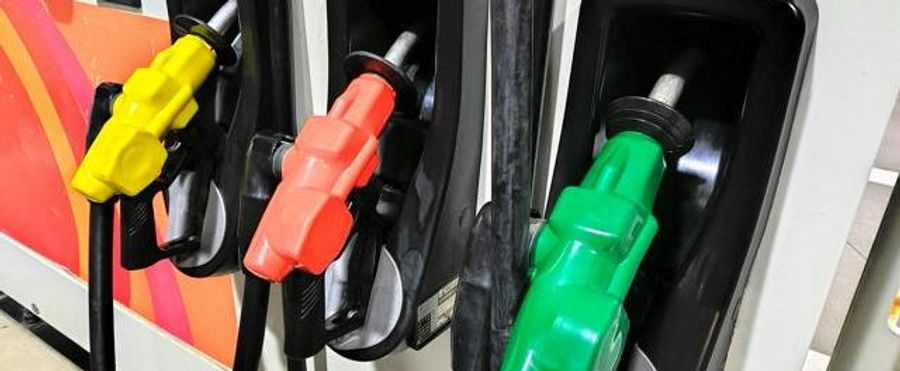Japan is putting an end to its provisional tax rates on gasoline by the end of December, as revealed by our sources in the government. This policy change presents a major shake-up for vehicle owners and the automotive industry alike. Notably, it signifies the resolution of a decades-old tax regime, aimed at a reconfiguration of the country’s economic and energy use policies, possibly in response to recent environmental concerns and pressure.
In Japan, gasoline taxes have long been a contentious issue, with motor industry advocates arguing that these taxes stifle the sector, while supporters believe they encourage environmental responsibility. The revenues generated are critical for road maintenance, development and various other government undertakings. As such, this move invites a fresh array of debates about fiscal policy, road infrastructure funding, and the future direction of Japan's energy use.
In comparison, gasoline taxes in the US or EU can vary significantly, having different purposes and rates. Some states in the US, for instance, have high gasoline taxes for infrastructure funding. In the EU, taxes are generally higher and are used as a tool for influencing energy consumption and CO2 emissions. Just as in Japan, they can be politically contentious.

